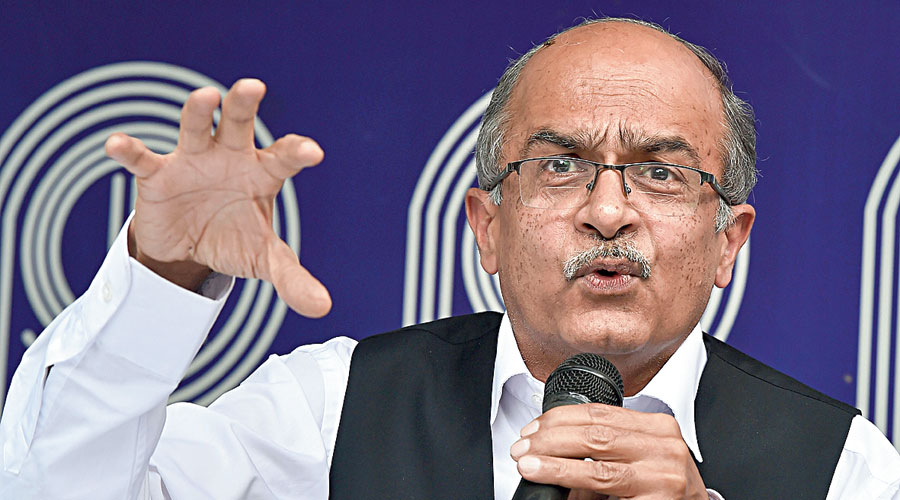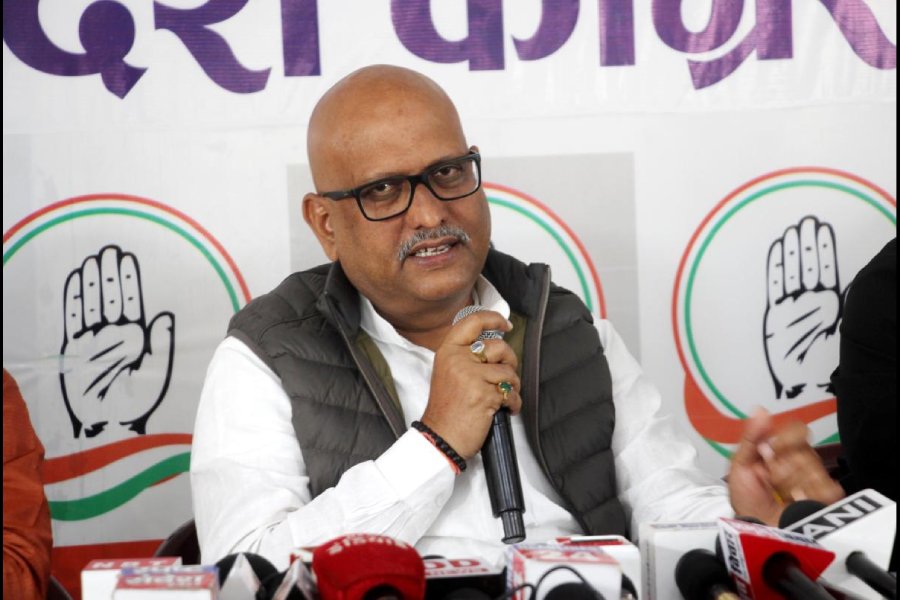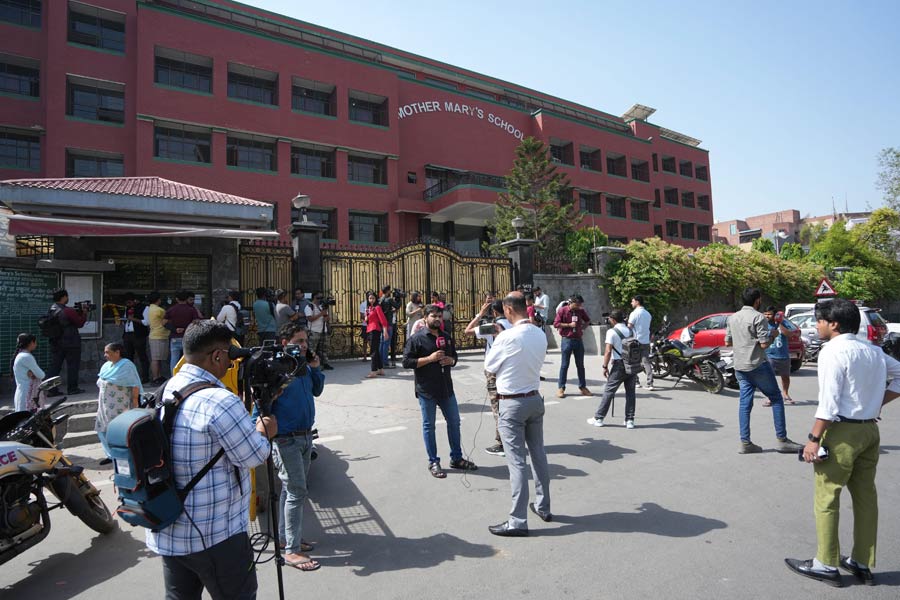The health of a democracy is at risk when its people fear that criticism is being silenced. It is even more intimidating when institutions upholding justice are perceived to be using the law for this purpose. The debate that has exploded around the use of the law of criminal contempt of court, though, gives reason for hope. Civil liberties organizations, lawyers, former Supreme Court judges, and eminent figures from different fields have spoken up against the conviction for criminal contempt of the senior lawyer, Prashant Bhushan, for two tweets, one criticizing the present Chief Justice of India and the other deploring the destruction of democracy that was helped by CJIs in the last six years. While agreeing that the content of the tweets may be debated, the objections question the use of the contempt law against criticism of the judiciary. The lawyers have said that an independent judiciary does not mean that judges are free from scrutiny and comment. The Bar should be free to point out shortcomings in the functioning of the court to the bench and the public; an independent Bar with independent judges makes for a strong court. Only a relationship of mutual respect, not coercion, between Bar and bench makes effective delivery of justice possible.
This debate in the public domain is a reassertion of the spirit of democracy, especially when people are feeling that all democratic institutions are busy punishing dissent. The objections to the conviction state that respect is commanded, not demanded through the intimidation implicit in the contempt law, which has been abolished in most countries. The law against criminal contempt clearly needs review. For the court it was reportedly not just the concern about damage to public confidence but also the shaking of the foundations of constitutional democracy through the criticism of its central pillar that constituted criminal contempt. Yet this brought forth more criticism, which pointed out that the court damaged its image and lowered its dignity in the eyes of the people by the conviction, especially by moving suo motu on two tweets when cases regarding the rights of numerous citizens were on hold. It is heartening that the freedom to question has been upheld in face of the application of the contempt law. Politicians are noticeably silent.










